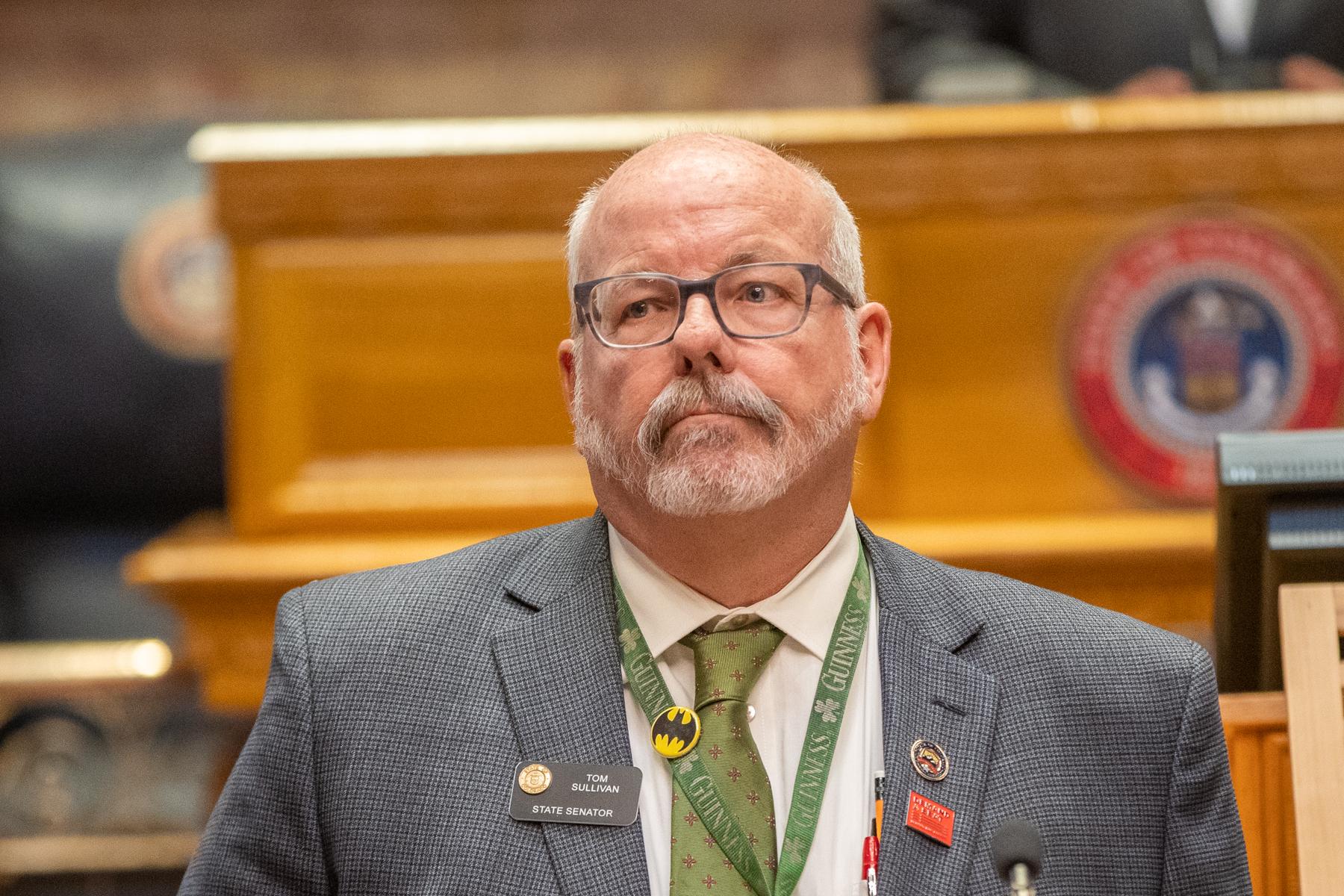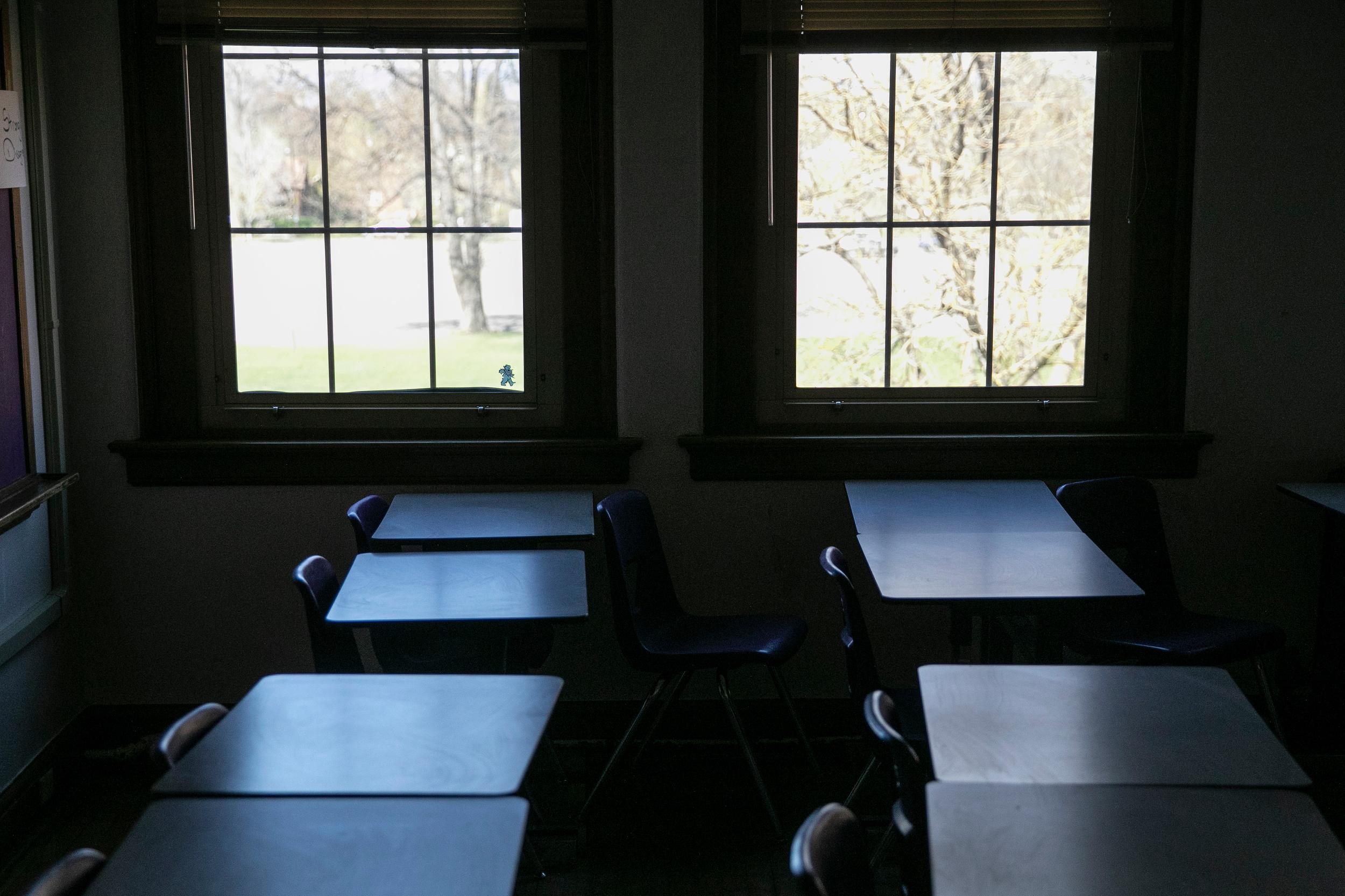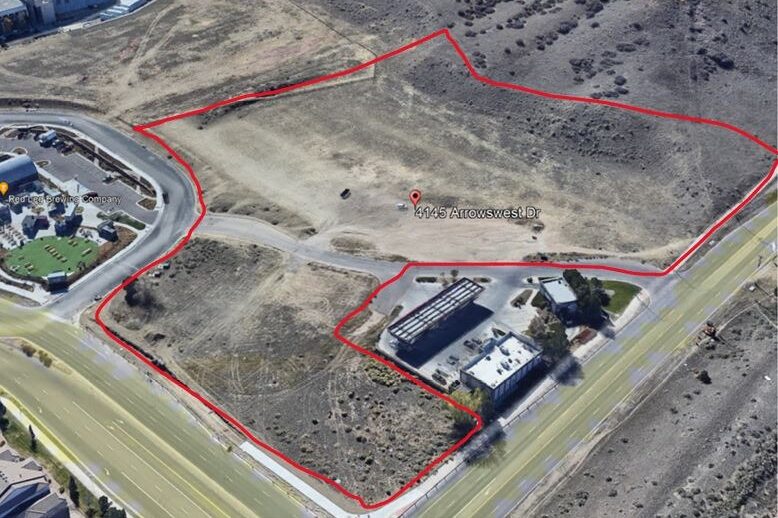The Supreme Court heard oral arguments Tuesday over whether the Census may include a question about citizenship.
The Trump administration says it added the question to better enforce the Voting Rights Act.
"I think it's a question that is needed," said Hans von Spakovsky with the conservative think tank the Heritage Foundation. “It should be added in order to give us accurate information about the number of citizens and non-citizens in the country.”
Laurence Benenson disagrees. He’s with the immigrant advocacy nonprofit National Immigration Forum. He said adding the question to the Census could lead to an undercount because it could deter immigrants from responding.
And that could negatively impact political representation as well as government funding to states. Some have suggested this could indicate partisan motivation.
“When the citizenship question was proposed,” said Benenson, “the initial reaction from most quarters who found that inclusion to be political was that this is something targeted at large Democratic-leaning states.”
That’s because they have some of the highest concentration of immigrants. But Benenson said the immigrant populations in red and purple states in the Mountain West have been growing at a faster rate than some other parts of the country.
Benenson pointed to analysis from the George Washington Institute of Public Policy which shows that Colorado could stand to lose more than $63 million in a 1% undercount. Utah could lose nearly $15 million. Montana could lose more than $9 million. Idaho could also lose funding of over $11 million.
The Supreme Court is expected to issue its ruling by June.
This story was produced by the Mountain West News Bureau, a collaboration between Wyoming Public Media, Boise State Public Radio in Idaho, KUER in Salt Lake City and KRCC and KUNC in Colorado.









